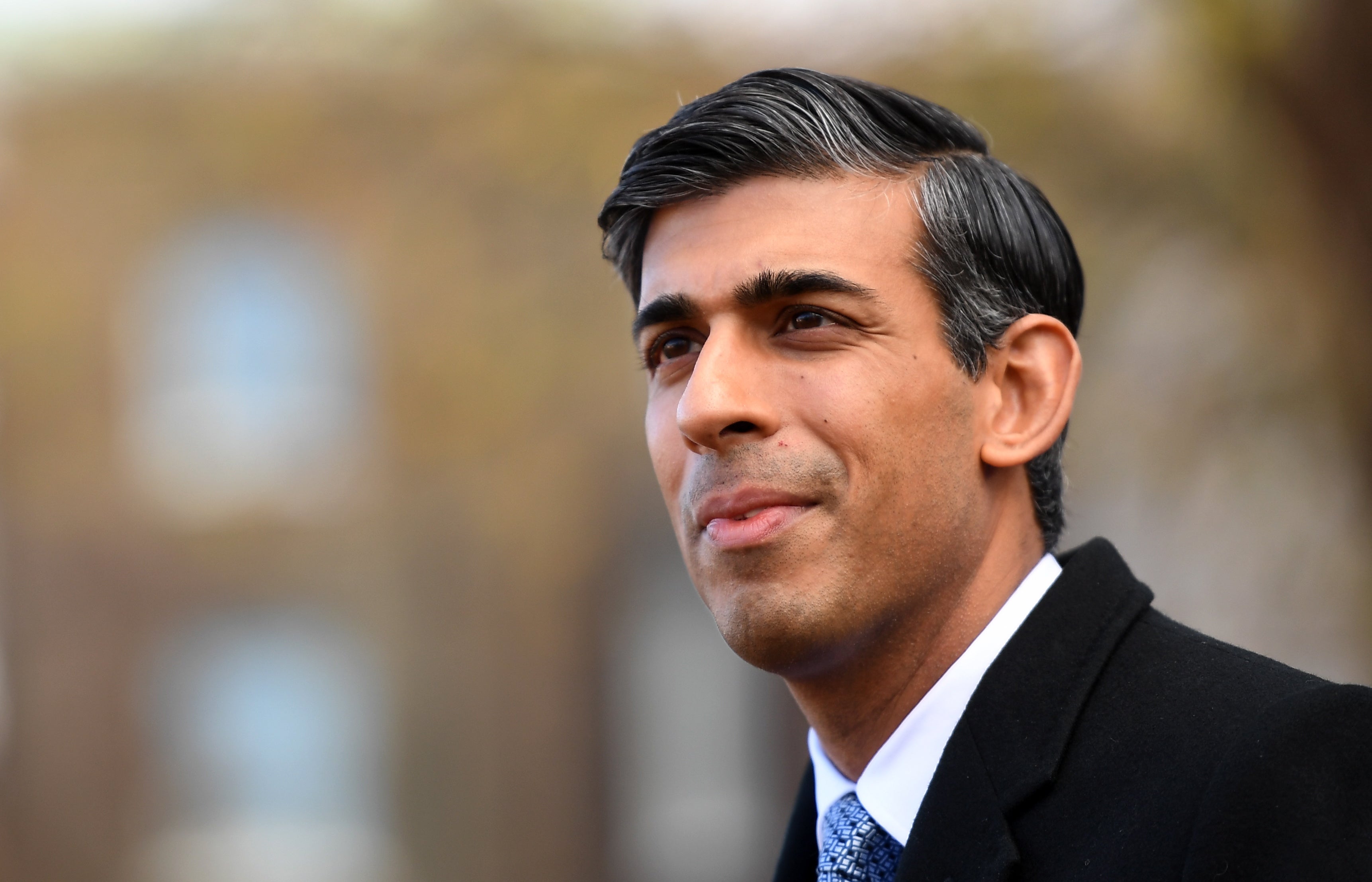Who cares if Rishi Sunak has private healthcare?
What matters are the PM’s policies for the NHS – not how he receives his own medical treatment, writes John Rentoul


The prime minister’s registration with a private GP has been reported by The Guardian. This is both a startling breach of medical confidentiality, and also journalism – for which there is a public interest defence.
Voters are entitled to know what arrangements politicians make for their and their family’s healthcare – at least in the case of the prime minister and the health secretary, who are responsible for the NHS.
However, there is a difference between being entitled to know – and thinking that Sunak’s use of private healthcare has any effect on government policy. There will be some people who regard going private as a moral failing: Keir Starmer, for example, seemed to regard his mother’s refusal to do so as something to be proud of.
But most people would see it in the way Margaret Thatcher saw it in the 1987 election campaign: if they can get a better service privately and can afford it, they would.
That does not mean that Sunak is unable to understand the challenges facing the NHS. He does use the NHS – when he was asked in the Commons whether he used private healthcare, he praised the NHS hospital in Northallerton, in his Yorkshire constituency, “who have provided excellent care to my family over the years”.
Indeed, Hannah Fearn has written for The Independent recently about the increase in the number of people self-paying for private treatment precisely because of long waits for NHS care.
In some ways, Sunak appears to have thought more productively about how to make the NHS better than most leading politicians, including Starmer. Sunak implied during the Conservative leadership campaign against Liz Truss that one source of friction between him and Boris Johnson was that he wanted a stronger prime ministerial focus on the problem of NHS backlogs.
Admittedly, he spoiled that impression by coming up with a silly idea for fining patients £10 for missing appointments – another layer of bureaucracy that would only make the NHS less efficient. And we have yet to see whether he will follow up his determination to do things differently from Johnson in any meaningful way.
So far, he has done the minimum necessary, deciding to increase funding for the NHS and, crucially, social care, at a time of extreme pressure on the public finances. It was the big surprise of the autumn statement – along with restoring real school funding per pupil to 2010 levels – for which he and Jeremy Hunt have received almost no credit.
But that may be because it is not enough. As George Osborne said on the Andrew Neil Show at the weekend, “one of the great mysteries of British politics is that the public service reform agenda of Blair and Cameron has just disappeared”.
He said that the government and opposition had both retreated into debates about inputs to public services – the Conservatives talking about more doctors, nurses and funding, Labour demanding better pay and more money – and neither were looking at services from the point of view of patients and parents. “That is a big open space in British politics that someone can walk back into in the next few years,” he said.
The programme featured an interesting discussion between him and Ed Balls, his sparring partner as former shadow chancellor. Balls seemed to disagree that reform of the NHS was as important as more money. He said that compared with other European countries, Britain is “way behind in health spending per head”. The population has aged, he said, demand has risen, and “Britain has lagged behind”.
To keep up to speed with all the latest opinions and comment sign up to our free weekly Voices Dispatches newsletter by clicking here
This debate ought to be central to politics over the two years before the election. Does the NHS just need more money? If it needs reform, what kind?
Keir Starmer, in his speech to the CBI today, certainly had the right analysis. He said of the problems of the labour market that “so much of this comes back to public services”. He told the conference: “Yes, there are other factors but you can’t tell me the number of older people falling out of work has nothing to do with the millions stuck on NHS waiting lists, or that the growing number of people suffering with mental health isn’t a drag on our productivity. No – the state of our public services is an economic crisis just as much as a social crisis.”
But Labour’s solution, “the biggest training programme since the creation of the NHS”, only invites further questions about how it would be paid for and what will happen to waiting lists in the meantime.
How to deal with the NHS crisis is a question that really matters in the run-up to the next election. Whether Sunak has sometimes paid for private healthcare is a question that really does not matter.
Join our commenting forum
Join thought-provoking conversations, follow other Independent readers and see their replies
Comments
Bookmark popover
Removed from bookmarks